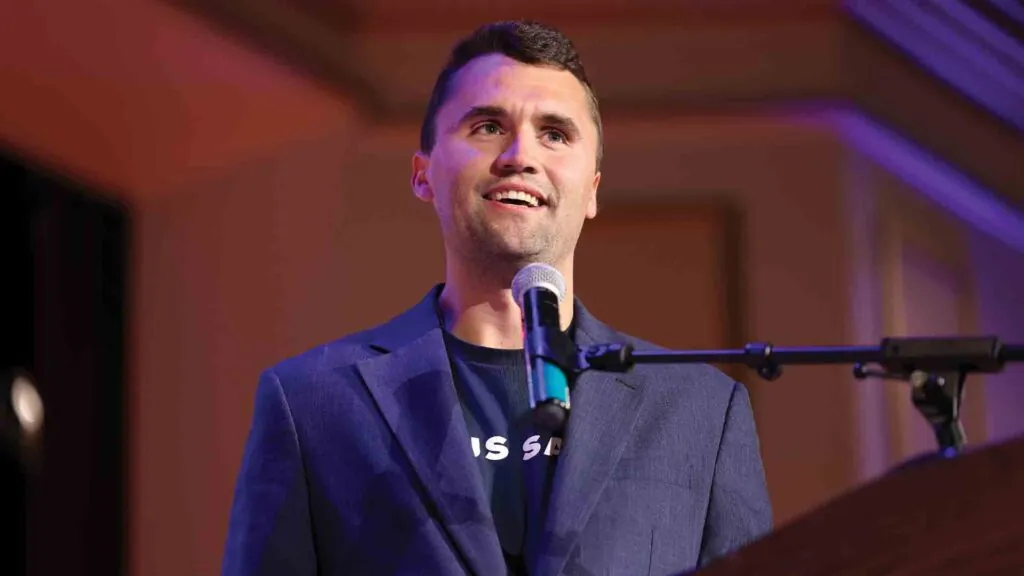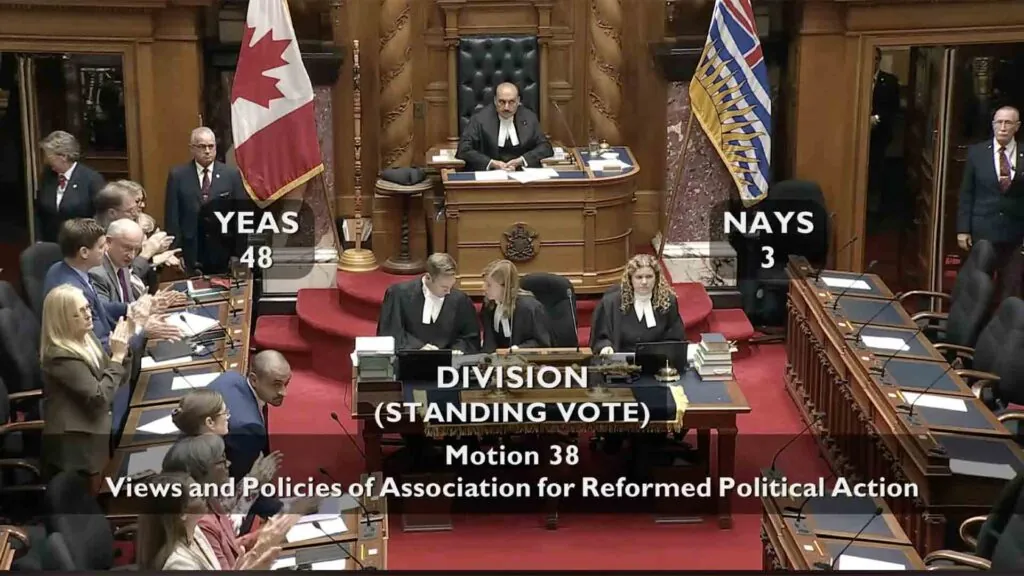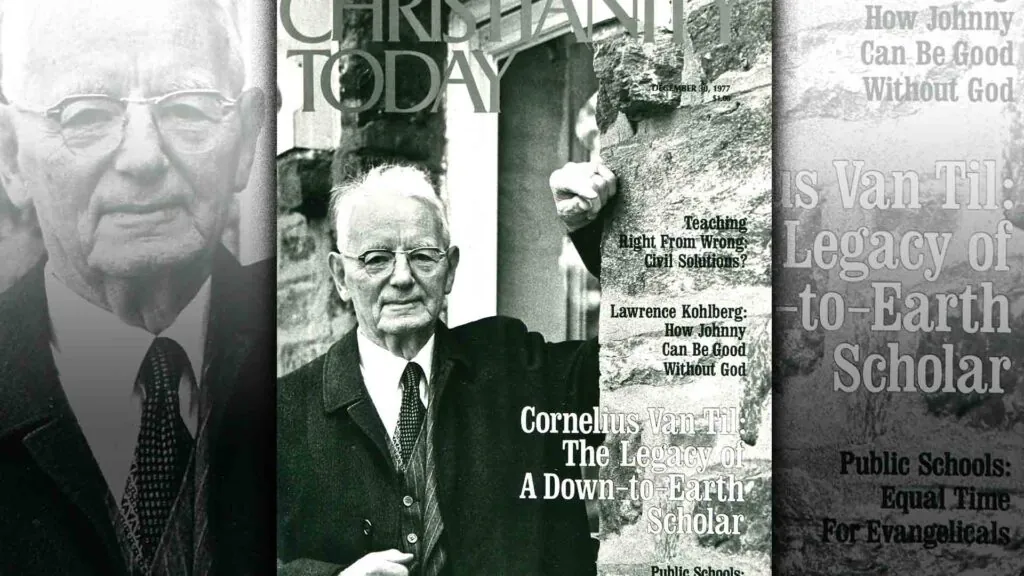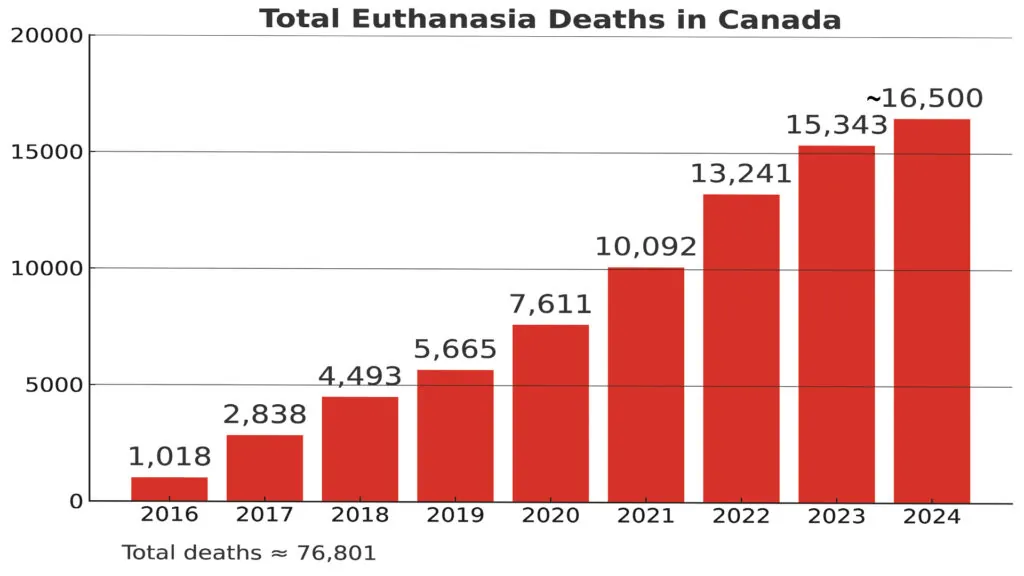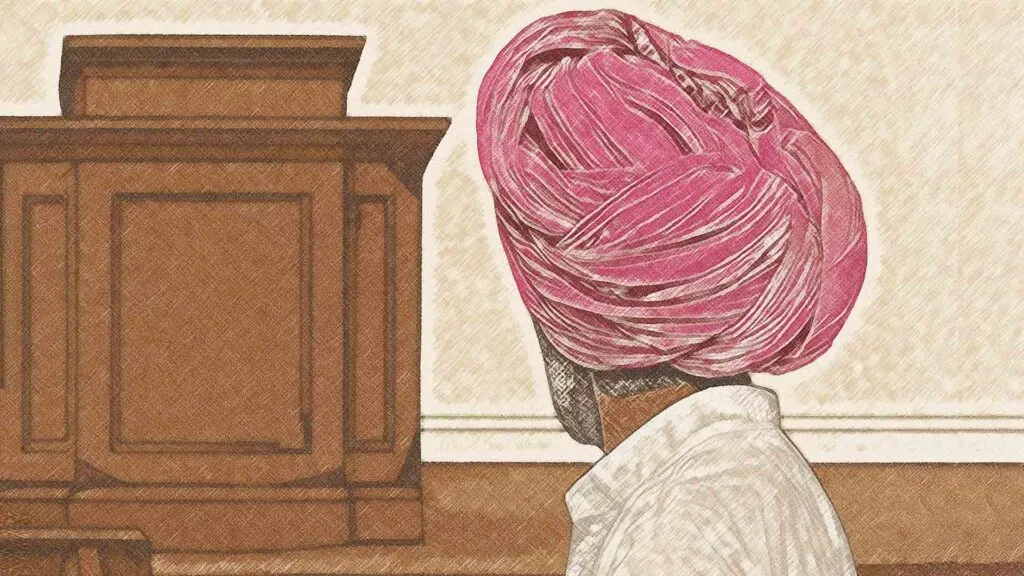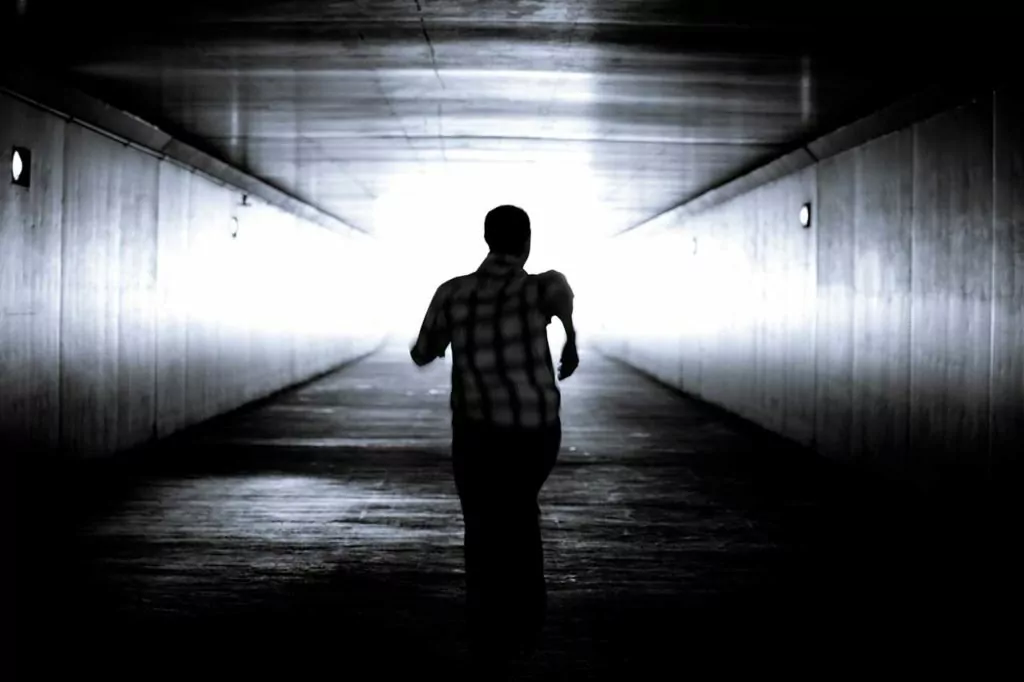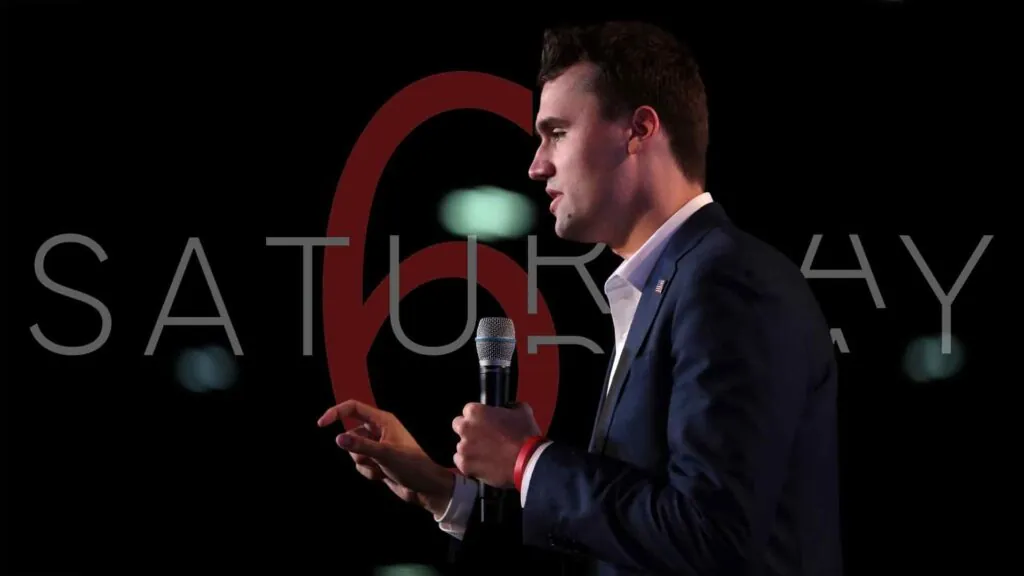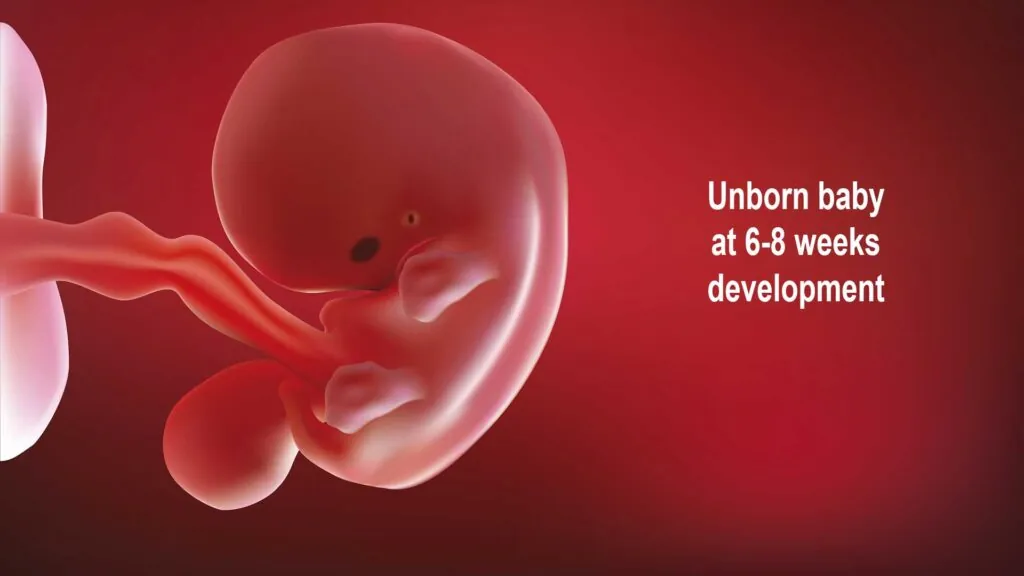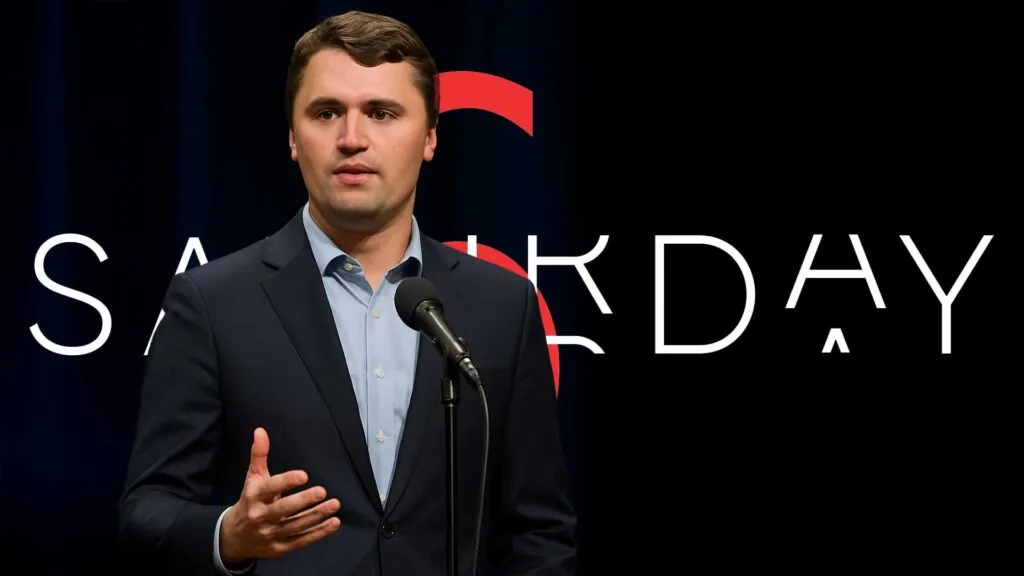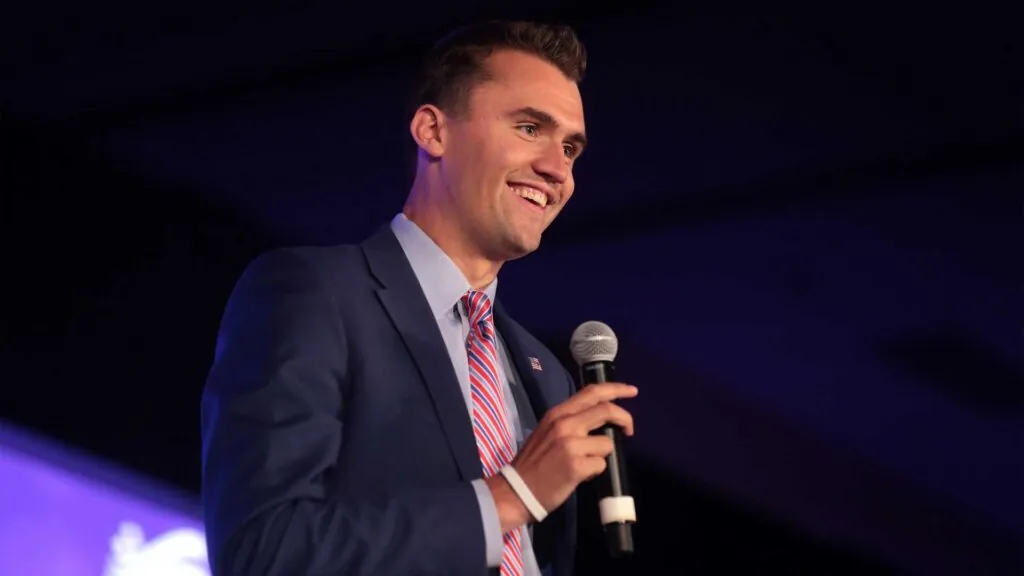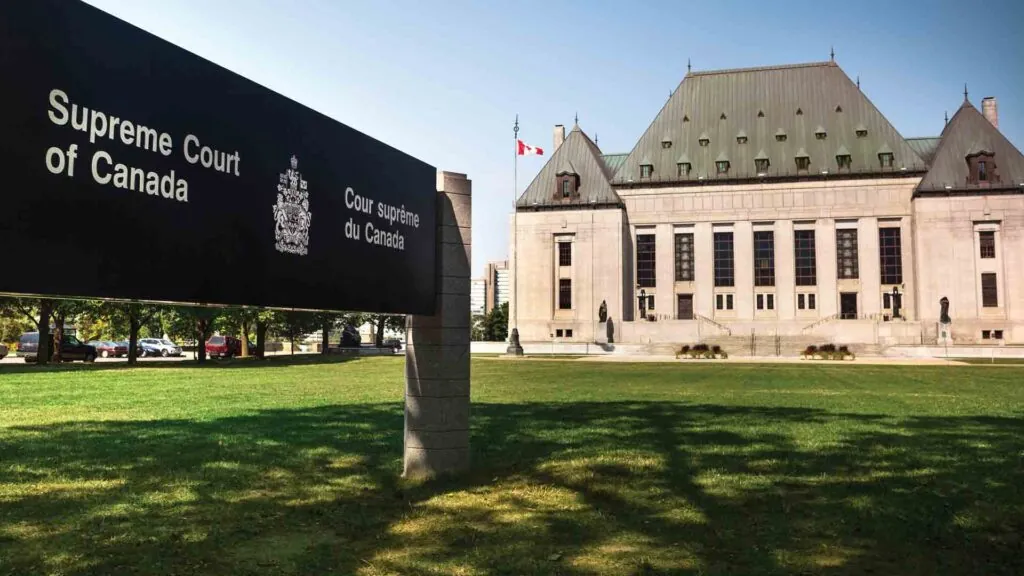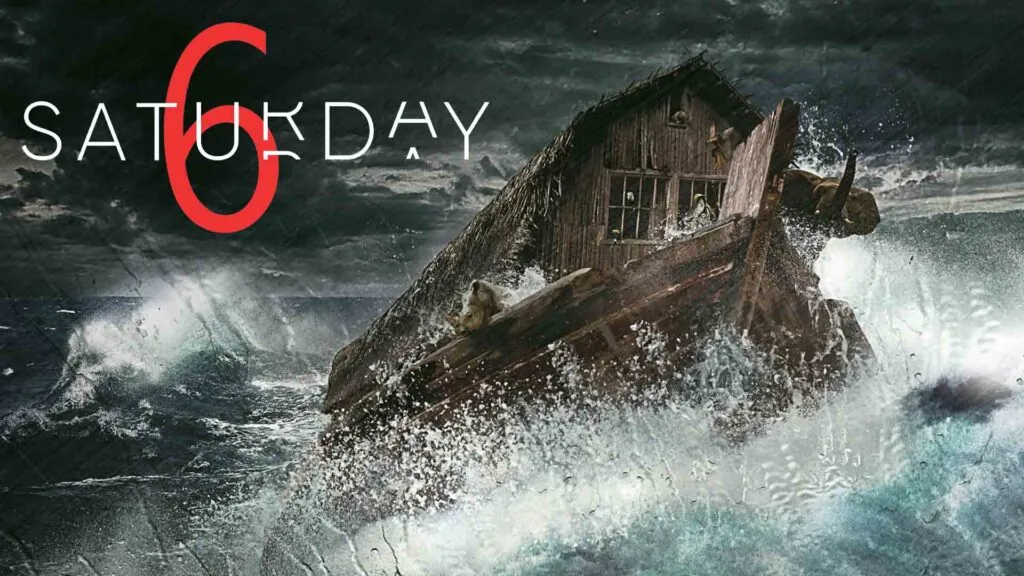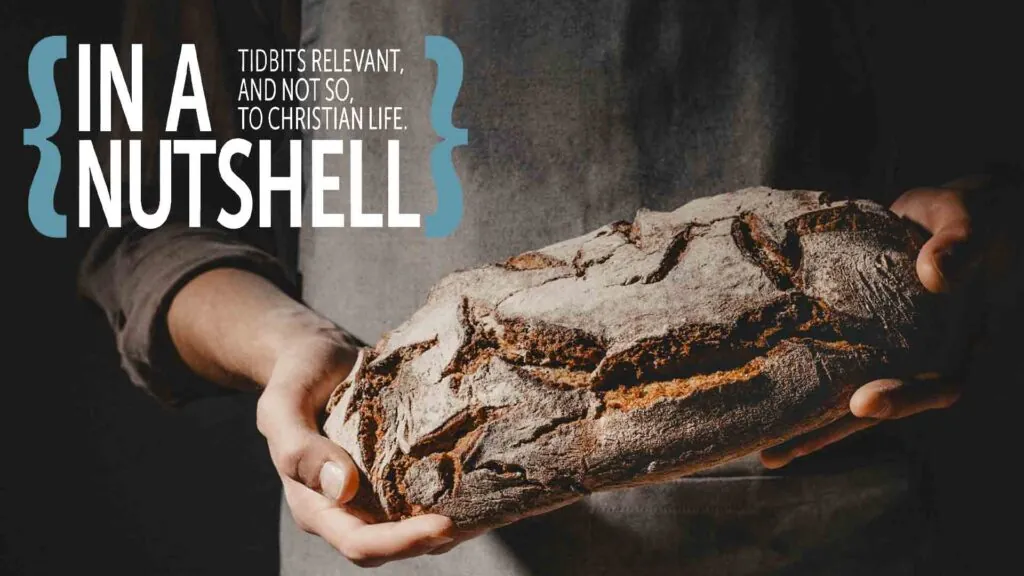
In a Nutshell
Tidbits – October 2025
No one even knows how to bake bread
Our new Prime Minister is very sure he has just the right recipe to get the country’s economy going, and his plan involves more governmental control. But what if an economy is too complex for such top-down control? That’s the case Walter E. Williams (1936-2020) makes when he highlights how no one, on their own, would even have the know-how to bake a loaf of bread:
“We’re all grossly ignorant about most things that we use and encounter in our daily lives, but each of us is knowledgeable about tiny, relatively inconsequential things. For example, a baker might be the best baker in town, but he’s grossly ignorant about virtually all the inputs that allow him to be the best baker.
“What is he likely to know about what goes into the processing of the natural gas that fuels his oven? For that matter, what does he know about oven manufacture?
“Then, there are all the ingredients he uses – flour, sugar, yeast, vanilla and milk. Is he likely to know how to grow wheat and sugar and how to protect the crop from diseases and pests? What is he likely to know about vanilla extraction and yeast production?
“Just as important is the question of how all the people who produce and deliver all these items know what he needs and when he needs them. There are literally millions of people cooperating with one another to ensure that the baker has all the necessary inputs. It’s the miracle of the market and prices that gets the job done so efficiently. What’s called the market is simply a collection of millions upon millions of independent decision makers not only in America but around the world. Who or what coordinates the activities all of these people?
“Rest assured, it’s not a bakery czar.”
Hollywood romance ain’t right
Hollywood tells us that there is one special someone, one soulmate, just one person out there who, as Jerry Maguire put it, completes us. Blogger Matt Walsh sums up the Christian position in one sentence: “I didn’t marry my wife because she’s The One, she’s The One because I married her.”
How many did you know?
By one estimate, there are 170,000 English words in common usage. Here a baker’s dozen of some that our kids probably don’t know, but you might. How many can you define? Answers are at the bottom of the page.
• Agog
• Dawdle
• Defenestration
• Discombobulate
• Flibbertigibbet
• Gobbledygook
• Hullabaloo
• Kerfuffle
• Lollygag
• Malarky
• Skedaddle
• Snollygoster
• Verklempt
A trick that’s a treat
The Dutch have, through the years, earned a reputation for being wise with their money. We, after all, invented the Dutch treat, which halved the cost of dating! But while we worked hard to earn this reputation, we can’t just rest on our laurels and hope to retain our penny-pinching crown. In other words, what have we done lately?
I've canvassed Dutch people across the world asking them for their best money-saving ideas (if you have any, please pass them on) and here's one that’s appropriate to this time of year.
It seems a particularly smart Dutch mother used to send her children out trick-or-treating early. Very early. The children would hustle door to door, as quick as they could. Then, when they had enough, they would run on home to their mother, who would proceed to divide their bounty into two piles: one of stuff they liked, and the other of all the candy they didn’t want. She then handed out this second pile to the trick-or-treaters who came to her door! This is the sort of stuff that will let us keep the Dutch thrifty reputation intact.
Why governments mismanage the economy
You’d be hard-pressed to find, in the Bible, a role for the government in “managing” the economy. And you’d find plenty of texts warning against arrogance (Prov. 26:12, Rom. 12:3, etc.).
Along those lines, one argument against big government is the capabilities of the people it puts in charge of billion- and trillion-dollar decisions. It’s a task that’s beyond any man, and all the more obviously so in recent instances. Was Justin Trudeau ever an astute businessman? Joe Biden? Canada now has a prime minister who has an extensive economic background, but with other people’s money. In contrast, an entrepreneur has his own skin in the game, and when he blows it, he pays the price. A politician is playing around with others’ money, and if his plan doesn’t work, the politician can hide the impact by saddling the next generation with the cost of his failure. That leaves politicians with a motivation to take risks that businessmen never would.
Here's three more reasons that government is prone to economic mismanagement.
- “The first lesson of economics is scarcity: There is never enough of anything to satisfy all those who want it. The first lesson of politics is to disregard the first lesson of economics.” – Thomas Sowell
- “What our nation needs is a separation of 'business and state’ as it has a separation of 'church and state.’ That would mean crony capitalism and crony socialism could not survive.” – Walter E. Williams
- “One of the great mistakes is to judge policies and programs by their intentions rather than their results.” – Milton Friedman
English is a silly language
No wonder it’s hard to spell correctly. As Bernard Shaw once pointed out, ghoti could quite logically spell “fish”: with the gh from the word enough, the o from women and the ti from nation.
Now do you get it?
Some years back in an issue Faith in Focus, Dick G. Vanderpyl told the story of Jack, and his blasphemous coworker. Jack was a good Christian lad, so when his co-worker started taking the Lord’s name in vain, Jack asked him to stop. Unfortunately, no matter how Jack begged him to stop, this guy just couldn’t do it. It was an ingrained habit!
Well, one morning, just as they were starting work, Jack decided to use a different approach. When his workmate started swearing Jack started swearing back, not using God’s name, but instead using Queen Elizabeth’s name as an expletive. That got his mate really riled up, and he demanded that Jack stop abusing his Queen.
“If you can abuse my Lord and King, I can abuse your Queen,” Jack responded. Though the whole incident almost resulted in a punch-up, in the end Jack’s mate laughed, apologized, and never swore around him again.
Homeschooling: the why and why not
One objection to homeschooling is that homeschooled children may not fit in with the world around them. One reason parents choose to homeschool their children is so that they won’t fit in with the world around them.
More tricky treating
If you’re not a fan of the blood and gore associated with Halloween, take a curmudgeonly stand this year and reserve most of your sweets for the sweet. When a cute little princess shows up at your door, give her a huge handful of goodies. An adorable fuzzy bear deserves at least a few Mars bars and a couple of those really good chocolate doppler candies. A courageous knight might even be worthy of a giant milk chocolate letter “C” (for courageous).
The forces of evil should not fare as well. Dark sinister skeletons, for example, only rate a tootsie roll at best, while a guy with an ax stuck in his head should get no more than a breath mint (the undead probably have bad breath).
This discriminatory candy giving is even more fun when a ghoulish zombie shows up on your doorstep at the same time as a lovable puppy dog. Give the Zombie his due, and then watch his eyes grow as the lovable puppy get richly rewarded. Have a happy Halloween everyone!
Answers from the top of the page
Agog – very eager and curious to find out what’s what
Dawdle – to lollygag
Defenestration – tossing folks out a window (happened so often in Prague during the Reformation that they had to come up with a word for it)
Discombobulate – to confuse or disconcert
Flibbertigibbet – a flighty, silly chatterbox
Gobbledygook – nonsense speech, coming from babies or intellectuals
Hullabaloo – quite the kerfuffle
Kerfuffle – a commotion or goodly amount of fuss
Lollygag – to move slowly, especially when speed is required
Malarky – complete and utter nonsense
Skedaddle – to leave, quickly
Snollygoster – an unprincipled politician
Verklempt – to be overcome with emotion










